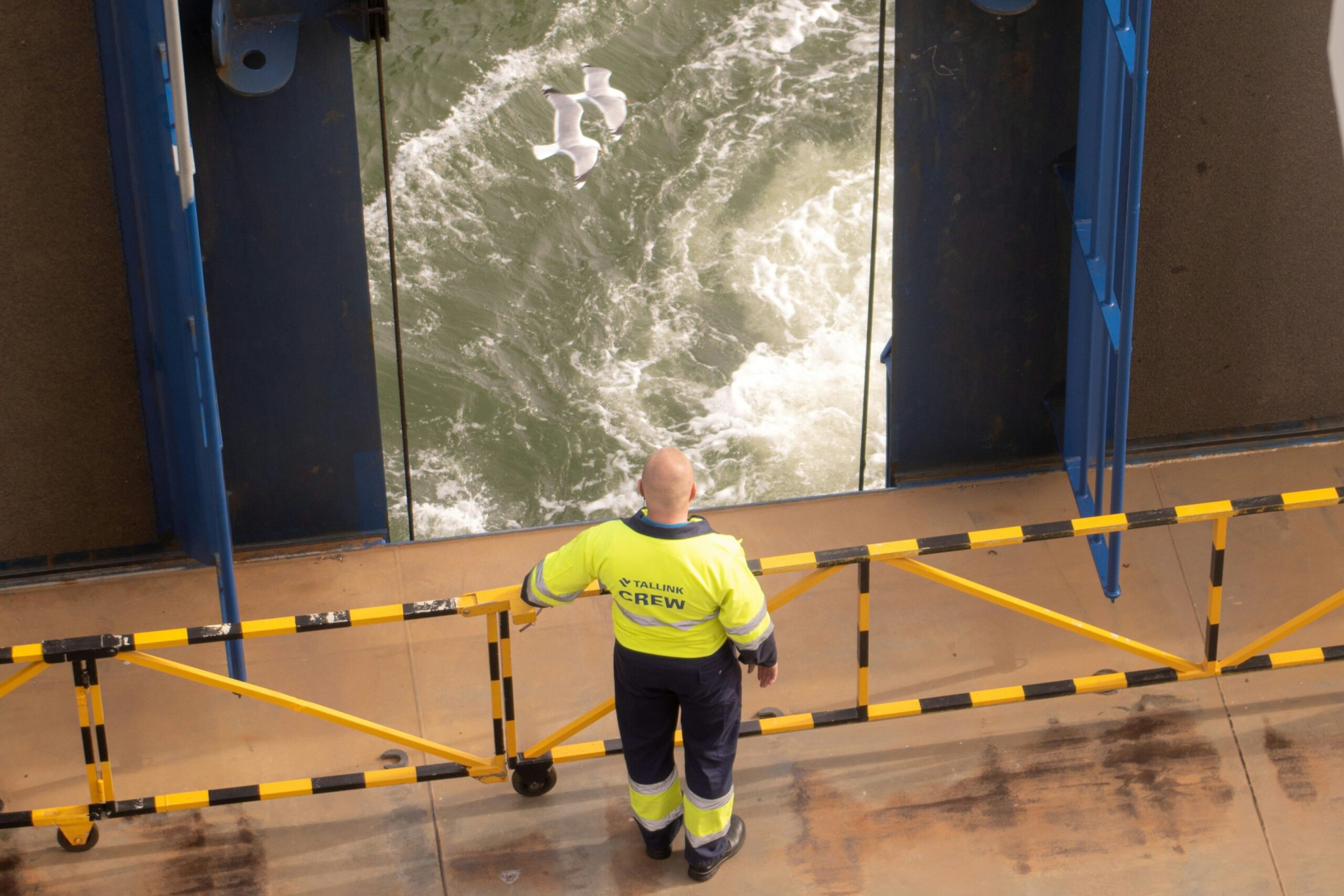
Main narratives:
- Energy dependency;
- Hybrid warfare;
- General anti-government sentiments;
- Russophobic rhetoric.
Overview:
Last week, one of the most discussed topics was the sabotage of critical infrastructure, namely the Estlink 2 electricity cable between Estonia and Finland. There was also a disruption to telecommunications cables in the Gulf of Finland. While the Estonian and Finnish authorities made statements attributing the cable damage to Russian hybrid interference and thus the need for increased NATO maritime protection in the Baltic Sea, sarcastic comments on social media highlighted Estonia’s energy dependence and inability to secure underwater cables. They also said that no evidence could be found to prove that Russia was behind the damage. Many pro-Russian commentators argued that affordable energy from Russia was the only sustainable solution for Estonia.
At the end of last week, social media was flooded with posts harshly criticizing the Tallinn authorities. Users indignantly shared photos of the Town Hall Square, where a Christmas tree stands surrounded by rubbish bins and dismantled wooden stalls that had been used as booths for the Christmas market. It came as a surprise to many of the city’s residents and guests that this year the city authorities, together with the market’s organizers, decided to close the market immediately after Christmas – on 27 December. As a result, Russian-speaking users began to accuse the city authorities of Russophobia. According to them, the market should remain open at least until New Year’s Eve, or even better, until Orthodox Christmas on 7 January. Otherwise, the commenters said, the city authorities were deliberately depriving Russian-speaking residents of the holiday spirit.









